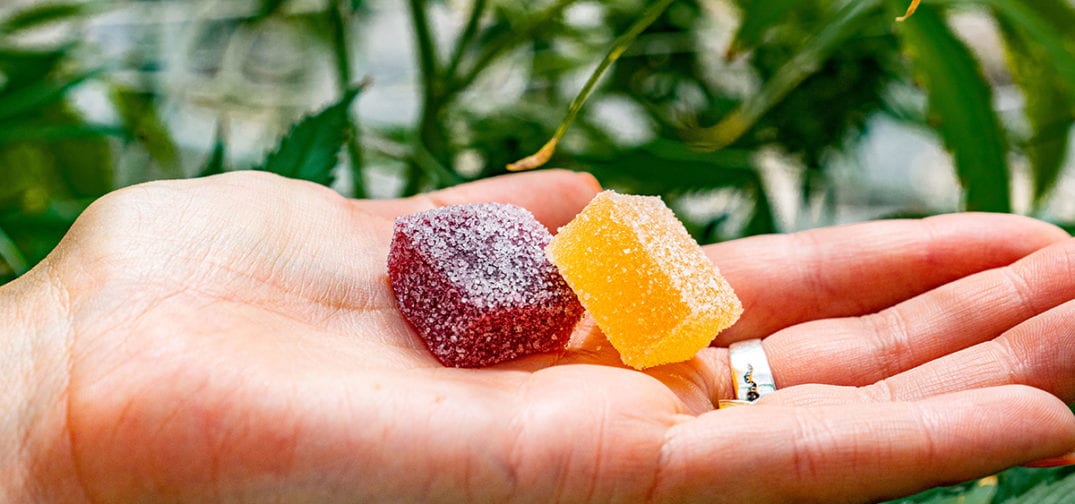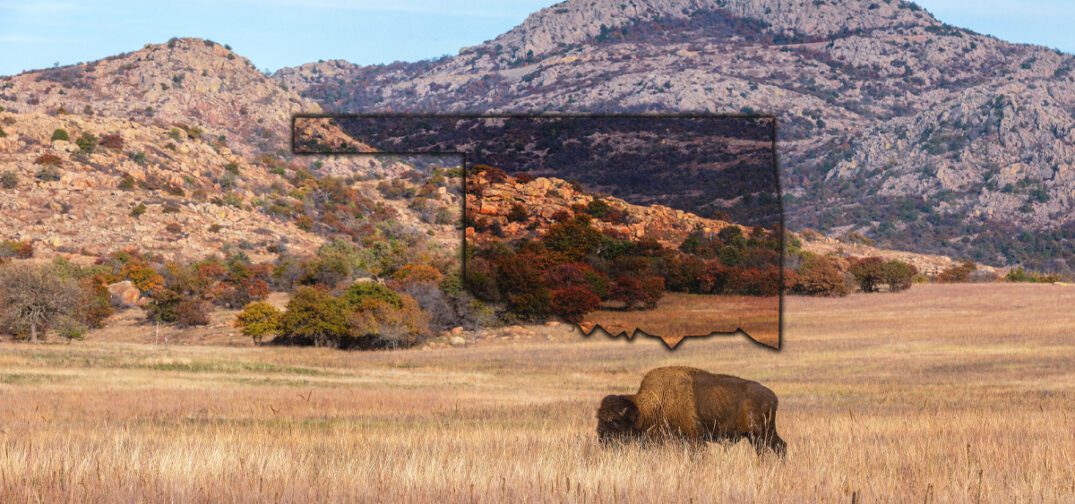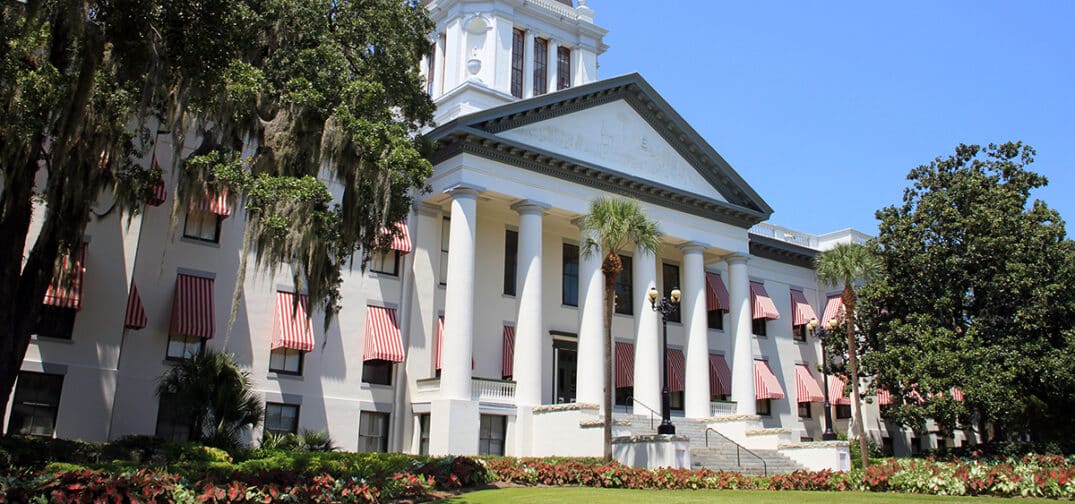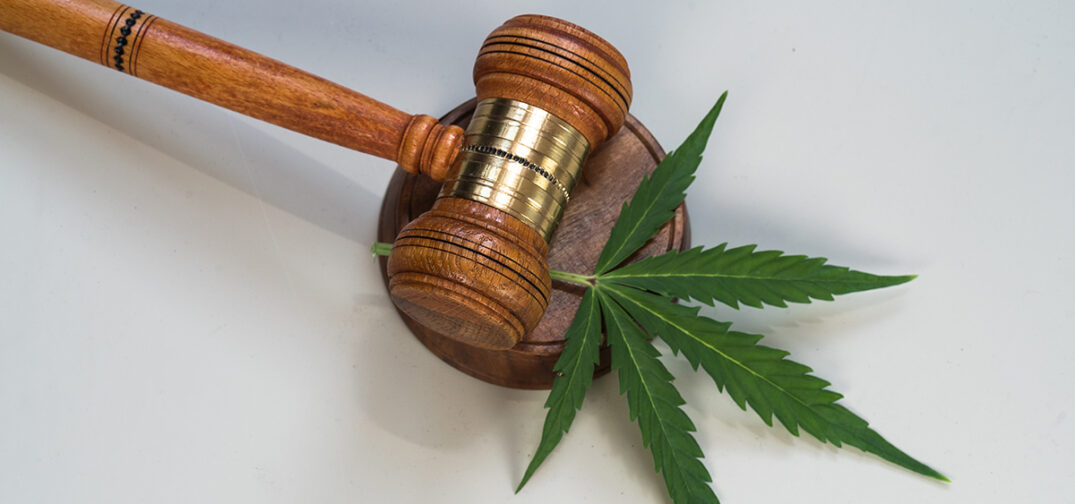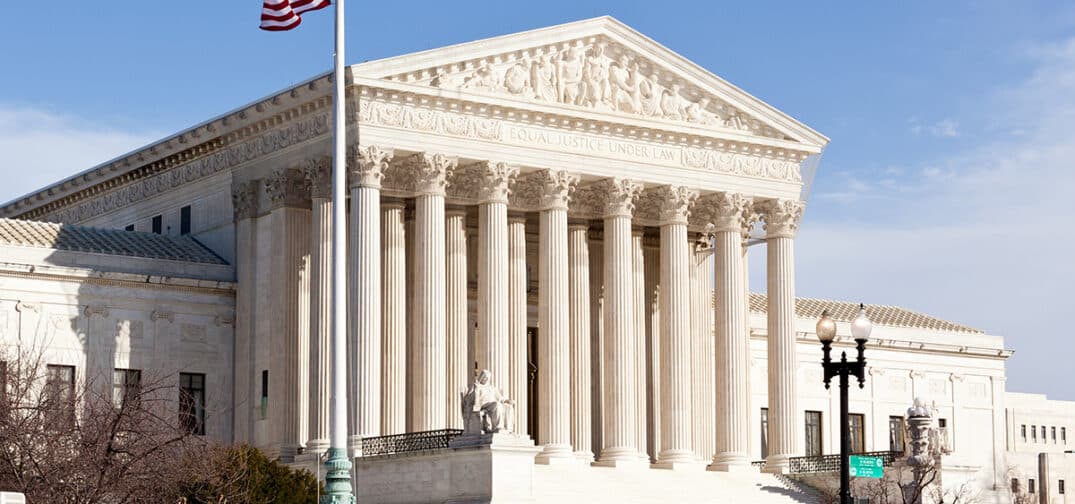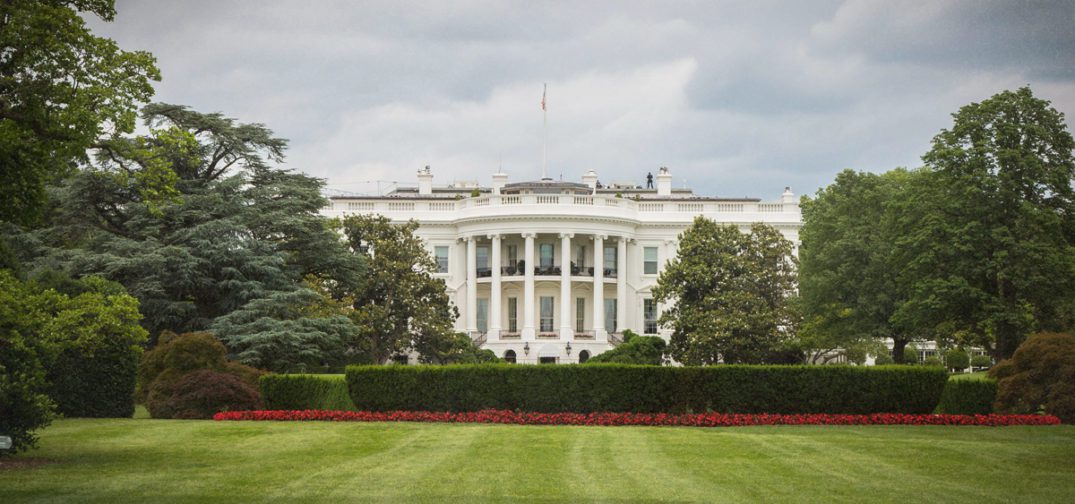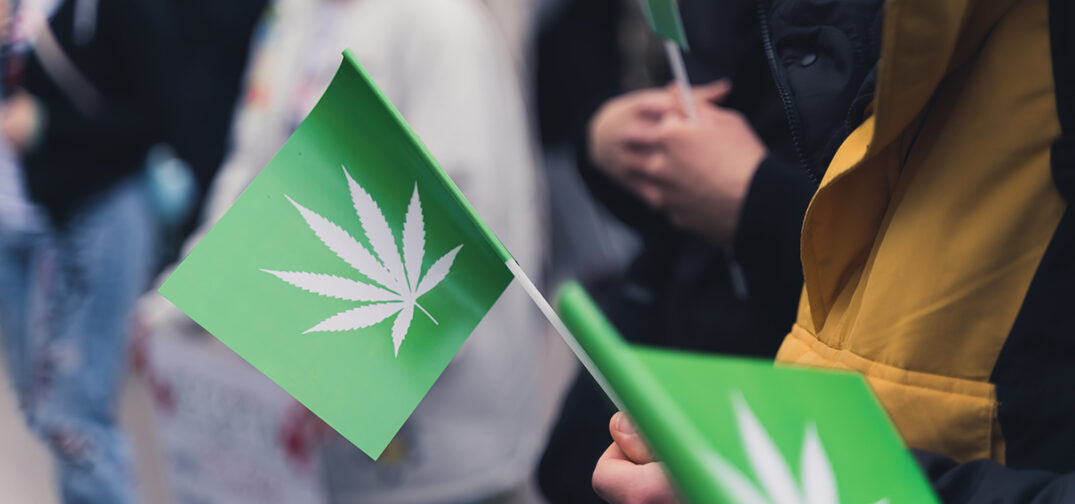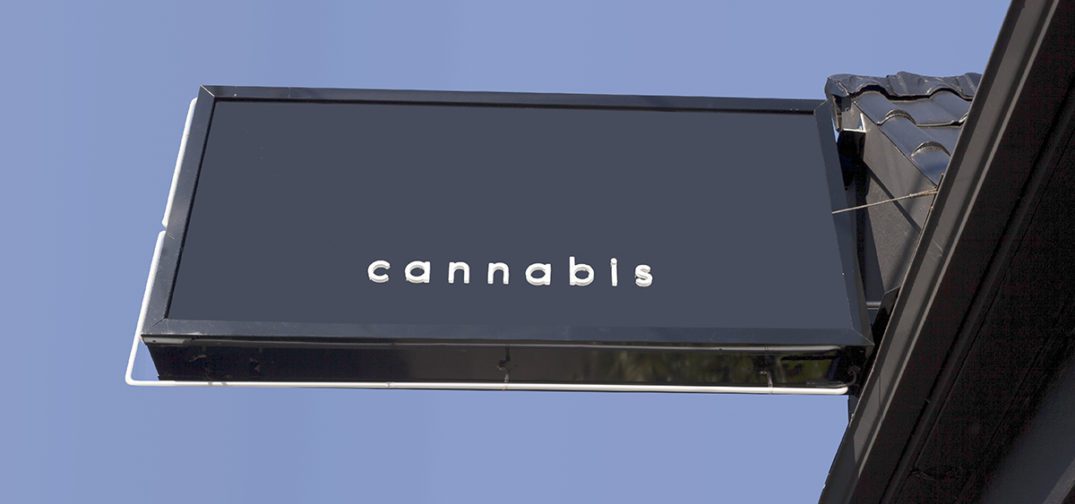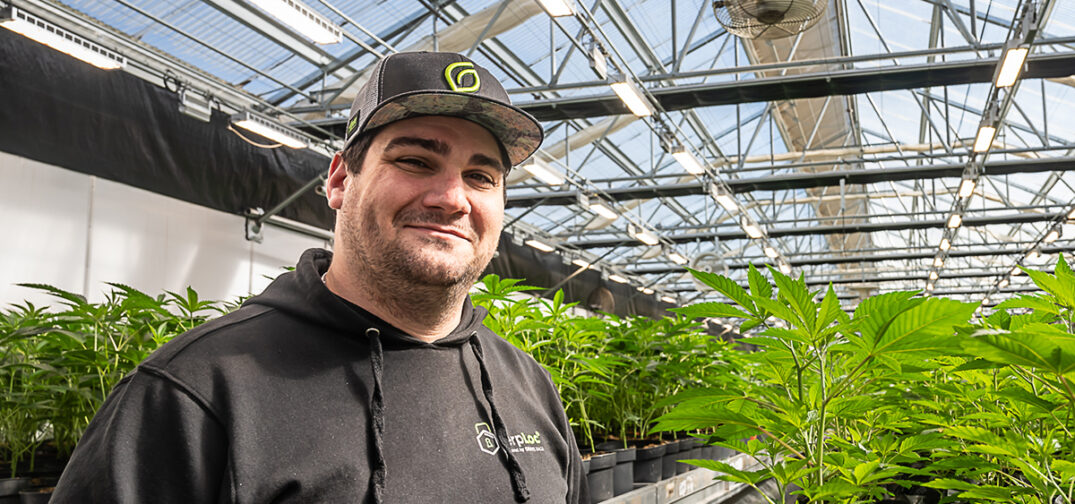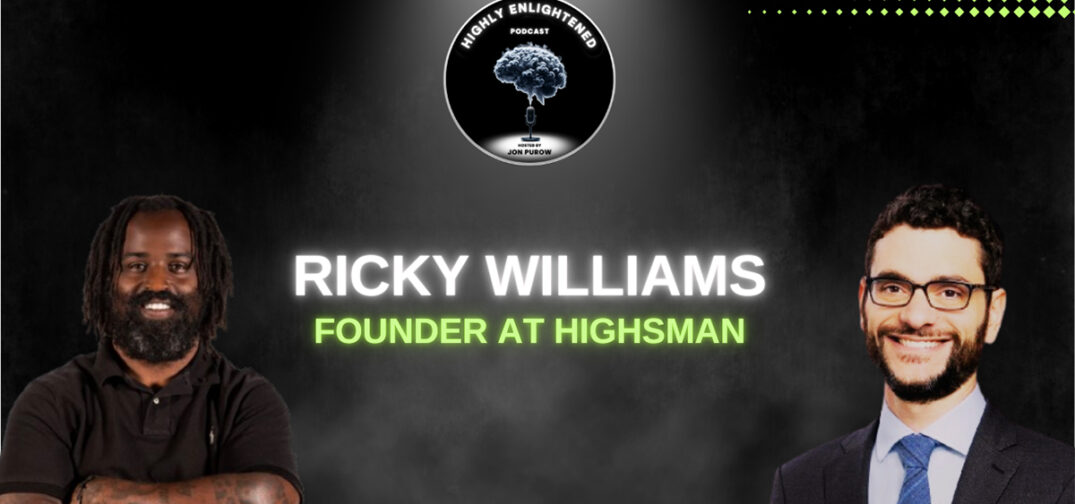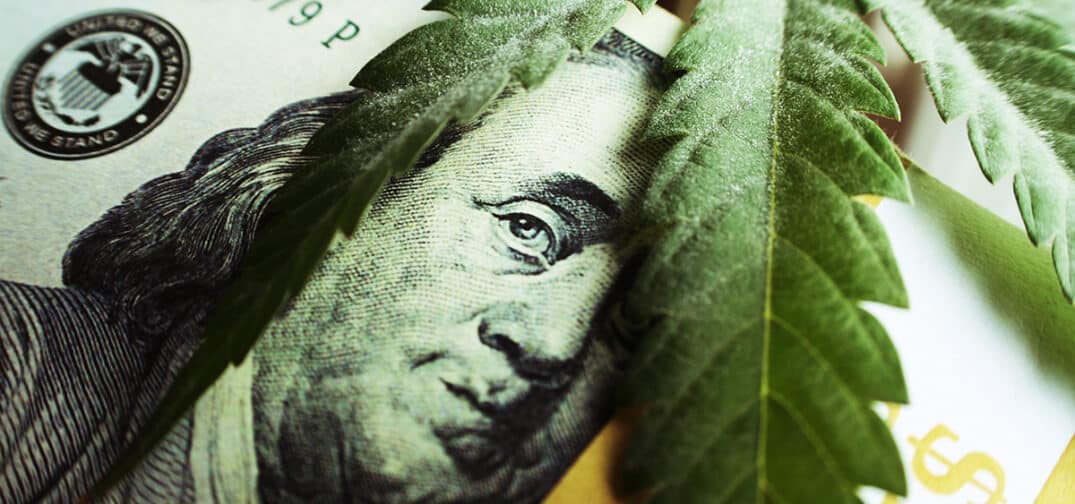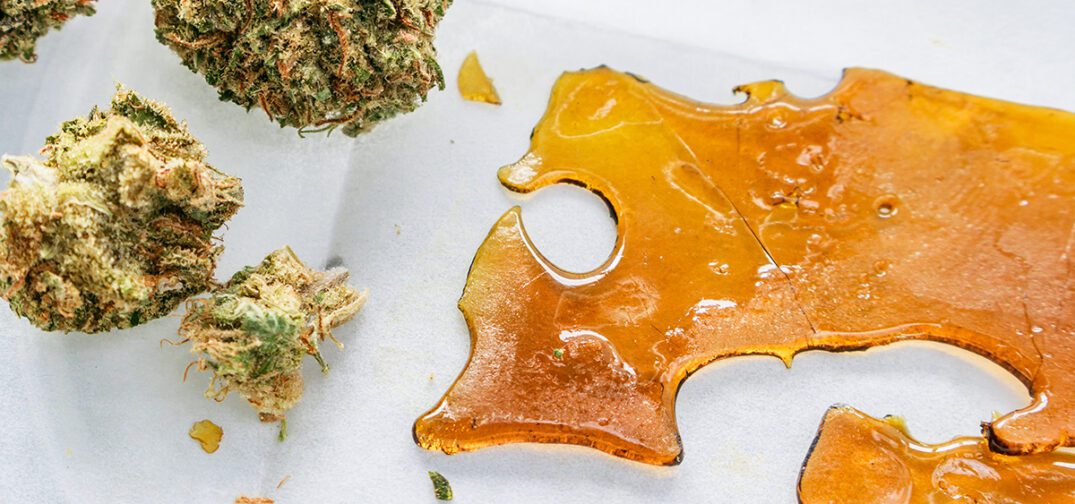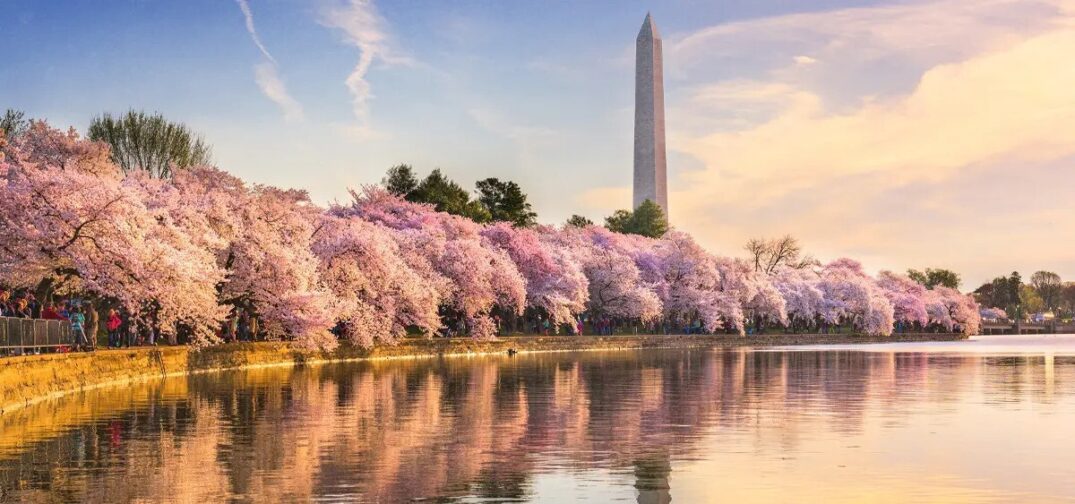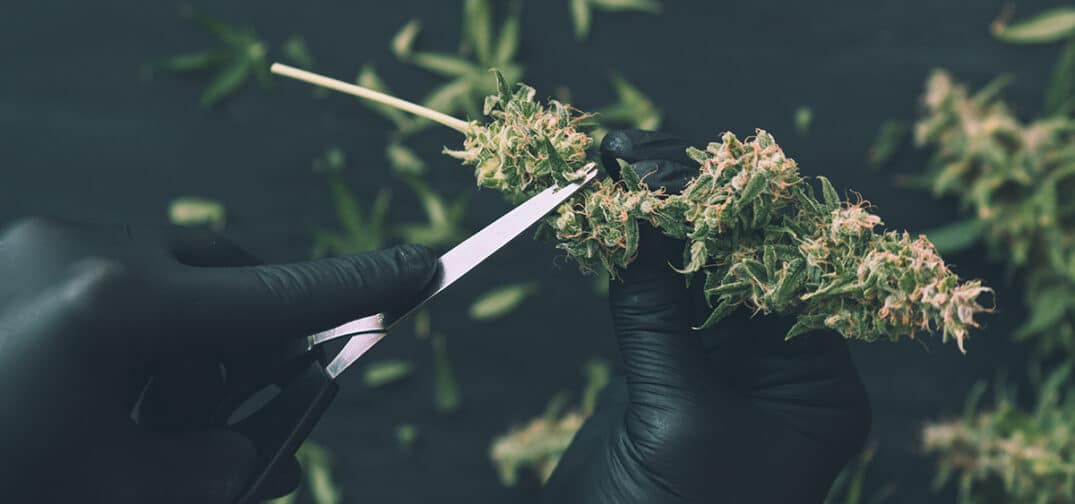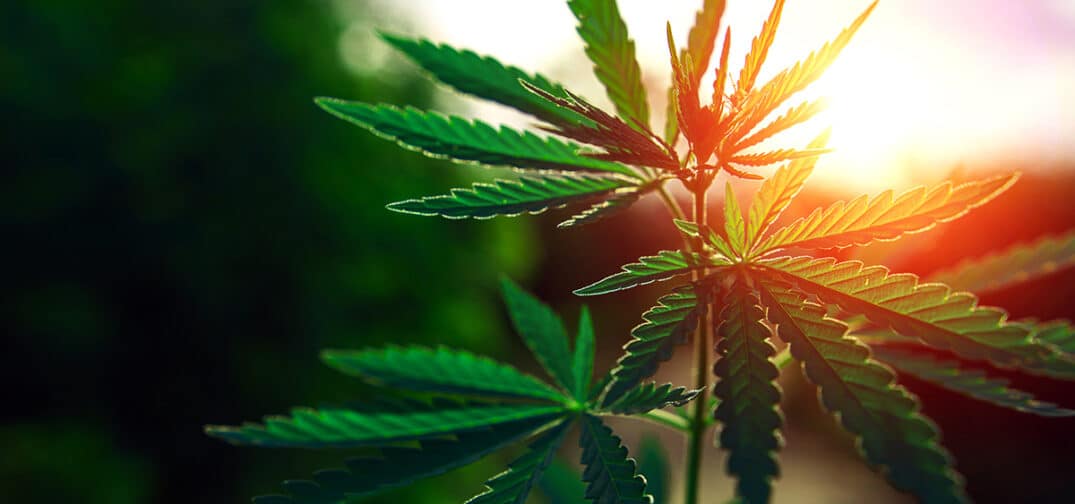Ricky Williams won a Heisman Trophy at Texas and rushed for over 10,000 yards in 11 NFL seasons. He is now the President and Co-Founder of Highsman, a lifestyle brand that Ricky personally curates, from the cannabis to the accessories. Ricky launched Highsman to provide communities of sports fans and herb enthusiasts everywhere with a platform to own their relationship with cannabis and its ability to unlock true, personal greatness.
In this episode of Highly Enlightened, syndicated by Ganjapreneur, host Jon Purow speaks with Ricky about the principles that have guided his journey — from challenging the stigma around cannabis as an athlete to becoming a founder and advocate within the cannabis industry. Ricky shares hard-earned wisdom on leadership, the deeper meaning of cannabis, the spiritual and practical lessons from his career, and how staying true to his values shaped his personal and professional evolution. This episode is a thoughtful, philosophical conversation that touches on resilience, the power of perspective, and why Ricky believes cannabis is more than just a product — it’s a tool for personal and societal transformation.
Listen to the episode below or wherever you get your podcasts — you can find more episodes of Highly Enlightened on Buzzsprout.
Listen to the episode:
Episode sponsored by eBottles
This episode of Highly Enlightened is made possible by eBottles. If you’re in the cannabis business, you know that quality packaging isn’t just important—it’s essential. That’s where eBottles comes in. Whether you’re just starting out or scaling up, eBottles offers proprietary top-of-the-line packaging products built for cannabis. eBottles is a market leader for a good reason: they are experts in the field. Six patents, five warehouse locations around the country, a network of exceptional distributors. Get eBottles and Grow Boldly.
Read the transcript:
Jon Purow:
Hey there. Welcome to another Canna-Convo episode of my Highly Enlightened podcast. Very excited to have a specific guest today. The podcast is syndicated by Ganjapreneur, and as always, I’m your host, Jon Purow. Now, before we get an awesome interview, I want to note that any opinions I express on my own are not those in my brand new law firm. Herbal Laws LLC, though judging by the name, you could probably guess they probably wouldn’t be that offended before we start. As I always like to do quick prayer to the video chat, gods may, our wifi connections be sturdy, all dogs and children remain quiet and my Amazon Prime another time. Amen. Now I have the pleasure of introducing the one and only Ricky Williams. I forgot. I apologize, Ricky, because one thing I did not neglected to before we started was to clarify what title you wanted to be introduced by. But you know what? I think this is the best first question to start with is how would you introduce yourself in a, how do you try and boil down Ricky Williams to a title?
Ricky Williams:
I don’t. I don’t.
Jon Purow:
Okay, then that’s it. Let’s not give you a title. Let’s pull. Yeah, perfect. Look, you’re someone obviously who, some people are familiar with your experience prior to the cannabis industry, but this is such a new industry that we’re all bringing something from the past into it, and we find something useful in ways that we don’t expect. So what do you think in terms of your life experience that you brought to the cannabis industry has been the most kind of helpful to you and why?
Ricky Williams:
I think getting in trouble and having the opportunity to take a public stand for my cannabis consumption. I think by far, I think because inspiration there, and I think people, if they weren’t around or paying attention to the story in real time with YouTube and the internet, they can track down the story. And young people, old people that have had similar experiences, I can tell they all get a sense of inspiration and that’s extremely helpful in this industry right now.
Jon Purow:
Well, this is what I mean. I think that’s why I was so happy to finally meet you, because I think that you are legitimately a hero in this industry. And to recap, Ricky is being modest and everything, but to recap, really what we’re talking about here is Ricky, during what was on track, we could still say potentially a hall of fame career. You were using marijuana to treat your social anxiety disorder. You were testing positive, and it was called there are repercussions for you. And you took a stand, essentially in favor of the plant and the medicine for you. And so one question that I find fascinating about this is we’re still so nascent in terms of the medical research about this, right? Everyone I know who has, there’s so many people in this industry who are ADHD and use the plant because it’s effectively medicine.
And at some point what I realized was it’s not a function of whether or not there’s a link there that it can treat it as medicine. It’s that we just haven’t discovered it yet. So when you were taking your stand, this was 20 years ago, there was no backup. There was no doctor saying, oh no, he’s pursuing something. That’s an actual treatment. It was just you knowing your truth. Right. So I’m curious to know your decision making, how you took that stand, right? And what helped for yourself that this is something you had to take the stand for.
Ricky Williams:
Yeah, I mean, you mentioned the word hero, and I don’t take that lightly. As a professional football player, I was trying to be a hero. And even in football, the heroes are made in those vitals, those situations where it can go one way or the other where everything is on the line. And did your training prepare you to make the right decision and to come through in that situation? And for me, that came through in cannabis when it became public that I failed, that I failed a drug test. And a couple of moments where I had an opportunity to tell the truth and to tell my story or to lie and to make up something. And based on first and foremost, the most powerful thing, my own experience, based on my own experience, I had no doubt that cannabis was helping me, helping me with what?
That was a big question at the time because we didn’t have the language, but there was no doubt that it was helping me. And I think of the many, many, many thousands, hundreds of thousands of years that we’ve existed without medical research to tell us what was good for us. And somehow we survived. Somehow we survived. So I trusted myself. And the one point of outside data that I get is everyone I asked who was really into cannabis at the time, I asked them the story about when they first started or how they got into it, 90% of them told a story about some kind of physical, emotional, spiritual injury and how it helped him. It was across the board. So from my own personal data and my own personal experience, I had no doubt that I was onto something.
Jon Purow:
And look, and this is the reason why I think that the term hero is appropriate, is that heroes are an ideal. Here’s what I think the connection is. Heroes do things out of principle, and they’ll take a stand and they’ll pay the consequence for it. And they could be a martyr hero. They could be that brave hero who steps up in the moment, like you said, whether it’s an athletic game or when you have that opportunity to, but you had that purity of heart and spirit that you weren’t going to compromise. You could have played the game, like you said, but why you wouldn’t? Do
Ricky Williams:
I know? I don’t know. I don’t think I could have.
I could have. So part of it is I can take credit, but it’s principles and thank God I grew up in a very religious household were principles were very important to me. And so it kind of stuck through. And so when I got to this place where it wasn’t what I expected, because in one sense I did everything I wasn’t supposed to do. When you’re a good athlete or you have a lot of potential, the one thing they told me growing up, it stay away from drugs, you’ll throw it all away from drugs for drugs. And there I was throwing it all away for drugs. So it was a powerful external narrative that was really challenged by internal principles. But again, the benefits that I received from cannabis, I couldn’t deny them. It would be sacrilege to pretend that I wasn’t receiving something helpful and beneficial.
Jon Purow:
Yeah, no, I mean, I just think it’s great. And I think that it’s important to look, there’s stories that need to be told in this industry. We need to tell the stories of the people whose lives were horribly ruined by a bullshit war on drugs. And when there’s an inspirational story like yours, even if there are obviously some of the tough parts of it, I think that that has to be amplified. Right. So I’m happy to talk about it in this context. Now, being in the industry, you are a leader in this industry and you are a unique leader in this industry. So what advice would you give, I don’t know if I’m blurry on your end, but probably look better this way to most people. I got a face for radio. What advice would you give regarding leadership to other leaders in the cannabis space? What have you learned along the way?
Ricky Williams:
We all have a certain gift, and I’d say my gift is to stay true and be clear about what my principles are. And so the only advice I can give is going to be really related to that. And to be clear on what your principles are, I think the biggest issue for a lot of us is we’re not clear on what our principles are. Even if we’re principles, a lot of times we don’t have the awareness of what actually we’re being principled towards, because a lot of it was put into us before we were old enough to make that conscious decision. And I think one of the gifts of cannabis is it opens our minds to be able to even consider asking these kinds of questions of what am I being principled towards? And when I started asking myself those questions, I realized that it was kind of arbitrary. And then underneath the arbitrary, whatever I’ve been taught to be principled to is a choice of what do I feel really connected to and really strongly about that would feel better to me to be principled towards. And so that would be my advice is use the plant. Use the plant to help make you a better leader. And whatever that means to anyone, that’s going to mean something different to every person. But that would be my advice. If you’re going to be a leader in this industry, it’s nice if you’re co-leading with some kind of connection to the plant.
Jon Purow:
Yeah, no, I mean, I agree with that. I mean, we find our truths in the plant and we try and spread those truths or you like the way of phrasing that?
Ricky Williams:
Well, but again, when we talk about the plant, this plant is older than the English language,
Jon Purow:
And our youth have been medically is older than that. I take great pride when they find the stories of, they’re like, Hey, the Jews burn cannabis. And I was like, yes. Right. I knew that we had a connection. It goes back thousands of years. So I appreciate that as well. So I think that that makes a lot of, this is what I appreciate what you’re talking about, right? We’re talking about a story where your principles essentially were the basis of how everything played out. Now you’re saying examine what your principles are, think about what they are at any given time. And frankly, you know what? I think we don’t give ourselves enough time to do anymore, constantly distracted. And our phones are the biggest drugs trying to use our attention for the attention economy is we don’t say to ourselves enough, why are we doing this? And I also just think that principle wise, you know what always comes down to, and this is me honoring my mother’s legacy, I say more than anything is the golden rule. Everything could come down to that. Treat others. You want to be treated. I come up with ways of extensions of that. And I just think that I appreciate when we find people who are of principle, and you proved it personally by taking a stand, those are the people we should value purity of spirit and everything like that. So lemme know, I’m tossing around words like hero and everything, but I’m trying to explain why I respect you in that regard.
Ricky Williams:
Yeah. Well, I think when we know that someone is of principles, because we’ve seen evidence, the value is we know what we’re going to get in a specific area because third areas of my life, I’m not so principled because they’re not important to me, but the things I’m principled about, they’re extremely important to me and it’s going to show up in my behavior, in my acts.
Jon Purow:
The funny thing is, is that when I was thinking about what I thought about you the other day, and what I thought about was why can’t politicians be like that? Why can’t politicians, we get them up there, we put them on a stand, they have to change their mind or not, or they wishy-washy whatever it is. But you would want politicians and leaders with that purity of spirit. You know what I’m saying? So Ricky Williams for Texas governor starting in here, and you’re going to be on the tick with Matthew McConaughey, right? Be, I think that that would be a good match. You guys both appreciate the plant. Okay,
Ricky Williams:
That’s not a bad idea.
Jon Purow:
There you go. You heard it here first. We broke news. So now I wanted to ask you, what are some of the biggest factors in terms of, you have this wonderful brand, Heisman, which of course plays upon the fact that you won the Heisman Trophy, but I love it because it’s a parody spelled Heisman. What are some of the biggest factors in terms of how Heisman has grown over the years it’s been active?
Ricky Williams:
Oh man. Biggest factors. If you have a principle, it’s like a target, but it takes time and effort and overcoming obstacles and figuring things out to make momentum, to make headway in that direction. And so that’s what it’s been, us getting clear on what we want to do. Because when we first started, when you first start anything, it’s a vision. It’s something that exists in the ether and making it real. That’s all the effort. And the tagline of Heisman is spark greatness. And people see it and they laugh. The goal of, to me this brand is people see it and they get it, then they get it. We can talk about the word high and it’s been given a really bad connotation. But if you think deeply, the opposite of high is low. It is low. And I think of my experience when I consume cannabis and what I get out of it most is the ability to see the larger perspective. And if I’m trying to see the larger perspective of a piece of land, the higher I go, I have a greater view of the bigger picture. If I’m down low, all I can see is what’s right in front of me. And in this world, what’s right in front of us is kind of depressing.
No, no. And I think sometimes when it’s depressing, it’s not that we need to escape, but we need to see the bigger picture so we can have some perspective so we can do something to change the things that are depressing us.
Jon Purow:
Yeah, look, I hate it when we have to go to that spot, but the fact of the matter is that there’s a lot of things in this world right now where it seems like we’re behind eight ball. I have a nine and 13-year-old daughter. I mean, to be personal about this, my 9-year-old daughter is anxious about all the stuff going on in the world, keeps her up at night. She’s nine. This is when kids are supposed to be innocent. And she’s already lost her innocence to the horrors of the world that she’s going to inherit. And so that’s why I think that I, I told you about, I think I might’ve told you about this, when I say everything boils down to the golden rule, when I was healing from breaking my back, I came up with this kind of value system or school of thought called alpha truism.
And the idea is compound good. Don’t just do good. When we talk about how we’re going to value good, there’s certain things and Jewish value systems, or if it’s an anonymous gift, then that’s a pure form of giving or whatever, but it’s trying to do good, but compound it. Can you systematize it? Can you replicate it? And so I just want to tell you that when I think about the parade of horribles that there is out there right now, I think that we get the right people together, we get the right mindset, and it’s like instead of being diabolical, it’s like good diabolical. And that’s what I think we could all do together as we seek inspiration and build stuff. So I mean, I think that that’s what you said helped your company grow was your perspective. I think that you have this natural thing where you’re saying we takes you to that place, but it’s that you get that high level view.
Ricky Williams:
Yeah, because in the startup world and in cannabis both, and then when you combine both, it’s like, whoa, people always feel like the sky is falling. And if you’re on the earth, you’re down here and things are falling, that’s what you think the sky is falling. If you’re up here out, it’s just raining a little bit. So keeping everyone on the same page and making sure when the sky feels like it’s falling, that we have perspective and we remember what we are doing, that this is not going to something we’re going to build overnight, that this is a major transition in history and we get to be a part of it. And all we have to do is hold on and stay true to our message, and we will come through on the end. And what I’m saying about things on the ground level being difficult, it’s not a bad thing. It’s the reality of it. And it’s something that comes through in playing football is that every week we have a new opponent that has someone that’s being paid a whole lot of money because they’re really good that we have to make sure we account for or we will lose. So this idea of we have football, we have to come together as a team and do good because it easily translates to do good so that when the opponent comes, we have enough good saved up that we can overcome it and we can be victorious.
Jon Purow:
Yeah. Yeah, a hundred percent.
[Commercial break]
So now I want to ask you are in your time in the industry, and I think that you’ve kind of touched upon some of these points a little bit philosophically so far, but what are a couple of things that the industry has taught you? What are facts that jump out that were surprises to you or just important points that you’ve used as kind of a guide as you proceed?
Ricky Williams:
I’m 47 now, and there is something about this idea of being over the hill, and I won’t say to the extent of I’ve seen everything, but you’ve been on the planet 40 something years and you’ve lived as intensely as I have. It’s not that you don’t see anything new, but everything you see, it reminds you of something else that you’ve already known. It may be to different magnitudes. You get to see it more closely, so you appreciate it more. So it’s not like it’s necessarily anything new, but basically everything I’ve learned in football, it’s just that it applies to real life with a little bit of sensitivity. It is like the first thing is if football is know your opponent, and actually the first thing in football is self scout. Know yourself, know your opponent, come up with a game plan, execute, review, rinse and repeat. That’s the lesson in football, and it applies to cannabis in the industry. But the tricky part is knowing yourself and knowing your opponent, knowing yourself is tricky because most people that have survived this long that understand business, but a lot of people, they don’t necessarily understand cannabis. That’s a huge question, at least in my mind, is a huge question mark, is what is this? What is cannabis? And coming from a bit of a tech background, it’s an emerging technology,
It’s an emerging technology. It’s still a big question mark. And at the same time, we’re trying to do business, but we are not even really clear what exactly we’re selling.
Jon Purow:
Oh, I mean, the fact is that we’re still developing it, right? I mean, this is the thing. We’re still developing it. Our product diversification, we are at the tip of the iceberg. And so when you talk about a product and what are we developing, drugs serve a certain function. And so we don’t even know all the functions that it can serve and the form factors that it can. But we analyze it from a macro level saying, how do we cater to the cane? How do we cater to the can of curious and what are the effects that we’re going for? So right now, when I’m licensing tech, what am I trying to do? Really, I’m trying to license any feeling with any cannabinoid in any type of onset for however long I want to design it. That’s what I’m trying to achieve.
Ricky Williams:
I think the potential of what we learned about this plant, I think it’s going to come down to something you just said about we are selling a feeling.
Jon Purow:
Yeah.
Ricky Williams:
Yeah. And so again, a bigger philosophical question is I think is people get more clarity about the use of feelings, what they can be used for. Because to me, this spills us over into the idea of what is medicine you? What is
Jon Purow:
Medicine? Yeah. I mean, medicine is self manipulation, right? There is a condition of the self, you want to do something about it. You can’t do it necessarily internally, you need an external thing. So who are we supposed to say that there’s a difference in value between a pharmaceutical drug that was produced in the laboratory and a plant that was given to us effectively by God, evolution, whatever you want to believe was behind it. I mean, the fact of the matter is pharmaceutical drugs repurpose things from nature all the time. So the natural order came to value, to values that we’re extracting more value out of natural things. And so if we take in a drug, we’re trying to achieve a certain effect. And what it is, is it’s a form of self manipulation. We’re all trying, if every old life is a video game simulation, we’re trying to get, when we are doing drugs, trying to control the sensation, the environment of all of it.
And I just think that that’s what we’re chasing. Just like I meditate to self manipulate, and I get certain effects from that meditation, but you’re saying we need to rethink what a drug is. Meditation is a drug. I view meditation as a drug. I view that as the best drug I’ve ever done. There’s no negative health effects. And it puts me in the right state of mind, basically similar and can make me feel high if I’m doing breathing exercises. You could have psychedelic effects based on your breathing routines, right? Meditation is a drug. So that’s my responsible from
Ricky Williams:
That. Yeah. I mean, just to throw something kind of funny out there at the right time, a good hug is a drug. I won’t go down that path, but I will go down this path is it is self manipulation, but just in the world of AI where we’re getting a new language and a new way to think about technology and drugs, I was thinking, I’ve been thinking about this a lot. It’s automation. It’s automation of biological functions. Because I used to think when I first started learning about cannabis, it was the same time I was learning about meditation and I realized what I can get to from meditating daily for an hour, for two weeks, two weeks on the right day, I can get to you with a couple of hits. But the difference is the point I get to meditation in two weeks, it lasts longer. There’s an automation, and if we know how to utilize the automation to make ourselves more efficient, oh wow. That’s why I call this an emerging technology. But if we become lazy through the automation, then we create dependencies that aren’t constructive.
Jon Purow:
Yeah, no, exactly right. That’s when a drug becomes an addiction because then the self manipulation, they say the definition of an addiction is when your dependency on something turns negative, overall, the cost benefit doesn’t justify it. And I think that that’s sometimes hard when it’s something that we’re relying upon so much. But the funny thing is that you hit the tolerance conundrum. If I’m microdosing for a DHD right now, I’m taking two puffs, right? After a couple months, I’m taking nine puffs, and then I’m basically smoking all the time. And at what point does that become something that’s counterproductive because I’m walking around smelling a certain way or whatever that my wife and daughter love, just love. But it’s like this is my medicine. So I mean, I got to take care of myself to take care of my family. I think that you could, no, I just love this because I think that this has been a real philosophical examination of we’re reexamining things on a very, very macro level. And I think it’s the things that jump out at you or how many specific facts fit into these macro examinations. Exactly. Yeah, exactly. That was what I would say. So then one question I want to ask you is, and this is a particular great question for you because you care about doing good, is what metrics, how do you judge success as a brand? Fuck, as a person, I’d like to know how do you judge that you’ve done good, that you’ve been successful
Ricky Williams:
On one level, that you’re still in the ring?
Jon Purow:
Yeah. Fighting.
Ricky Williams:
Yes. Because if you think of success relative to evolution, success means that you survived. That’s true. True.
Jon Purow:
That’s true. Preach it. Evolution. It’s just like I keep on fighting. Right? Life is a struggle. So if you’re still struggling,
Ricky Williams:
You’re successful. Yeah.
Jon Purow:
It’s like Spider-Man at the end of the movie, he gets beaten down, beaten down, BD, they always ask, what does a hero at the end gets back up
Ricky Williams:
Alive,
Jon Purow:
Gets back up basically to just keep on taking a beating. We are all Sisyphus shoving a rock up a hill through our entire lives. Right? Okay, I like it.
Ricky Williams:
Well, that’s kind of right. That’s part of the story. But once you get that and you graduate to the next level, then you’re on the other side of it. But you can’t avoid that, right?
Jon Purow:
Yeah,
Ricky Williams:
No, you can’t avoid it. So I say that’s the first definition of success because you don’t get any other success if you don’t survive. And the idea of surviving is in the process of surviving, you figure stuff out, you figure stuff out. And I think that’s the gold, right? Is the stuff you figure out. And eventually you figure out, the ideal is eventually you figure out enough stuff that you can create something of good that persists. Persists. So this question of ultimate success, only time will tell. But to know if you got a shot right, you got to still be in the ring.
Jon Purow:
Yeah, no, but I agree with this, right? Because I mean, ultimately I think that the way that we operate in general, let’s not forget that we are just highly evolved monkeys. And really what there are animalistic parts of us, and there are the parts that the mind has developed, and the mind tries to perpetuate its own value. I mean, we now have ideals that will dictate who we procreate with, that dictate who we consider an enemy. And it’s purely out of the mind, nothing out of the body. And I just think that I completely lost my train of thought because it’s just like, I love that we’ve gotten so philosophical. I’m staring at some of the questions that I still have to ask, and it’s like, what do you think about this part of the industry? And I’m like, I’m not asking that because we’re in completely different level field right now. And it’s just like some of my other interview conversations of God, I’m like this with Socrates, rosenfeld of I, our Jane. And so I just appreciate, look, this is one thing that the plant brings together is this creativity, this openness of spirit, I think. And it gives us strength. It gave you strength to make a stand for it, right?
Ricky Williams:
Yeah, a hundred percent.
Jon Purow:
Yeah. But I think that maybe we wrap it up there just because I think it’s perfect. It was just so pure that I don’t want to touch it after this. So let me ask,
Ricky Williams:
I think there is one way to tie a bow, to tie a bow on this, to bring it down to earth a little bit. Okay? Right? Yes. We definitely went there. Very philosophical conversation. And I’m not saying that every conversation should be like this, but to me, in the industry, if people are really consuming the plan and appreciating the plant, there are going to be more conversations like this that on some level contribute to the direction that the industry is headed.
Jon Purow:
And to try and just add a bow to that is, I feel closest to the people in the industry that I can have a conversation like this with. And then because of that, you’re someone whose energy I appreciate and I say, oh, you know what? Maybe we could do business together. You know what I’m saying? I think that that’s because the plant helps us bond on that level. Good in the industry comes out of it.
Ricky Williams:
Yeah.
Jon Purow:
Alright. Thank you so much for taking the time.
